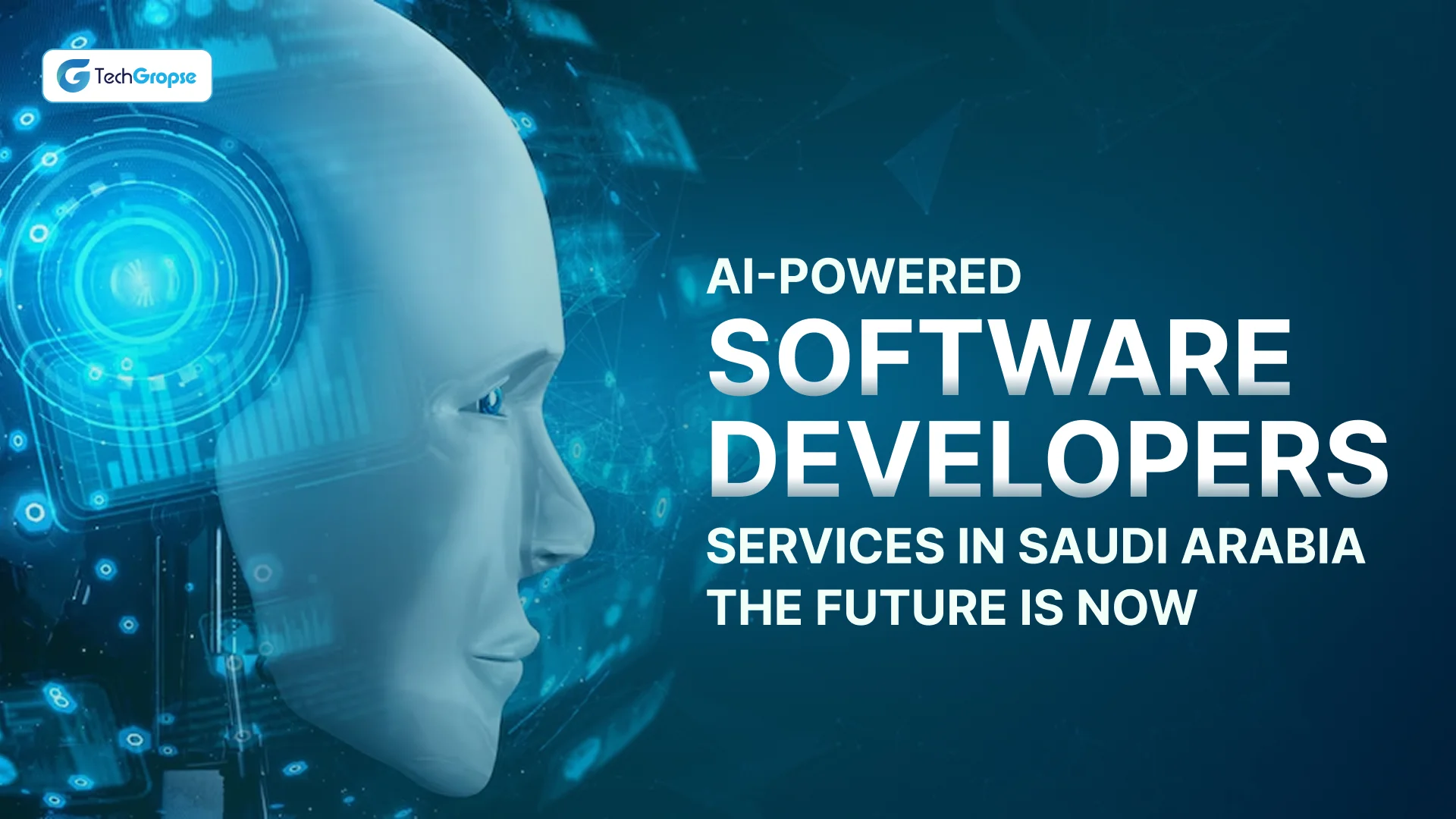As digitalization progresses at an increasingly fast pace, so is the popularity of machine learning that continues to solidify the industry with its massive applications. During the initial years, only the biggest conglomerates or the existing organizations used to automate their tacky tasks. With the advancement of technologies in the right direction, almost every business organization is now adopting top machine learning frameworks for their everyday operations.
Even after artificial intelligence and machine learning are getting immensely popular with time, they could surely be an erratic nightmare without some kind of definite structure. After doing extensive research about the requirements of the target audience, we can build everything from scratch. But it’s almost impossible to make everything from scratch as complex tasks, and significant projects hardly come with a stretched deadline.
Machine Learning: Brief Synopsis
Machine learning is the study of teaching machines how to perform an activity without explicitly programming them for that activity. So, Machine Learning is showing machines how to learn! In current times, AI and ML are quickest and most mainstream rising advancements with an expansion of over 250% in the number of organizations embracing machine learning in the course of the most recent years.
As discussed earlier, you rarely have time for building everything from scratch. In such cases, the best frameworks for machine learning helps you in overcoming the hassles created by the time and complexity of the new project provided.
Machine Learning Frameworks in 2025
Best machine learning frameworks are used by developers to understand and design machine learning models for creating powerful artificial intelligence software without diving into the technicalities of the algorithms.
Let’s cut to the chase and go through a list of best frameworks for machine learning, which are commonly used and widely demonstrated in almost every project. These frameworks are also the most popular deep learning frameworks in 2025.
-
TensorFlow
TensorFlow is an open-source, JavaScript library and outstanding amongst other artificial intelligence frameworks of 2025. It is a free platform with APIs that help in building and preparing the machine learning models.
Created by Google, TensorFlow is the best artificial intelligence tool with broad, adaptable features, a huge programming library, and assets for a variety of development tasks. It additionally supports classifications, regressions, and neural systems, including composing algorithms for programming. TensorFlow likewise permits you to send AI and ML models from anywhere, for example, the cloud, program, or your gadget.
-
Scikit-Learn
Scikit-Learn is one of the best machine learning frameworks for Python. It handles both supervised and unsupervised learning and has strong documentation for each possible question you’d have. If you know Python, then Scikit-learn can be your best helping hand else you can learn it using various machine learning courses as it is quite simpler to learn.
Scikit-learn is based on top of other Python libraries like NumPy, SciPy, Matplotlib, Pandas, and so, it provides full interoperability to these libraries. While Scikit-learn is composed primarily in Python, it has likewise utilized Cython to keep in touch with some center calculations and improve execution. You can execute different Supervised and Unsupervised machine learning models on Scikit-learn like Classification, Regression, Support Vector Machines, etc.
-
PyTorch
Pytorch is a Machine Learning library that is based on the previous open-source Torch library of data analysis and data science. It was first deployed in October 2016 and is widely used since Torch isn’t effectively-being in development any longer. PyTorch gives TorchScript, which motivates a consistent change between the anxious mode and chart mode. Additionally, the torch. distributed backend gives adaptable, appropriate preparing to Machine Learning and improved execution.
It has brilliant network documentation and offers simple and speedy editing capacities. It’s a bit slower on the production side, however, that is completely fixed with an API model. It gives dynamic graphics (compared to TensorFlow’s static graphing), and it’s open-source.
-
CAFFE
CAFFE is an acronym for Convolutional Architecture for Fast Feature Embedding. CAFFE might be generally mainstream with deep learning, but if you’ve moved in stages like portable applications, it could give an adaptable option in contrast to TensorFlow. It is a deep learning system written in C++ that has an articulation design, effectively permitting you to switch between the CPU and GPU. CAFFE additionally has a MATLAB and Python interface, and Yahoo has likewise joined Apache Spark with Caffe to make CaffeOnSpark.
You’ll have to be familiar with C++, so programmers and software developers could use CAFFE to pass your AI models. As a result of every one of these reasons, CAFFE is amazingly well known in new businesses, academic research projects, and even worldwide modern applications in the areas of PC vision, speech, and media.
-
Shogun
Shogun is another open-source AI system good with the C++ programming language. It is a free platform that developers can use to design algorithms and data structures, principally for ML in education and research work.
Gunnar Raetsch and Soeren Sonnenburg developed Shogun in 1999 to help vector machines for arrangements and relapse issues, in addition to large scale learning. It permits engineers to interface with other AI libraries, including LibLinear, LibSVM, SVMLight, LibOCAS, and many more.
Moreover, Shogun likewise supports different languages and frameworks, including R, Python, Java, Octave, C#, Ruby, MatLab, Lua, and many more. Among the advantages of this framework is that it helps implementing Hidden Markov models, can process broad informational collections, convenient to utilize, and loaded up with adaptable features and functionalities.
Implementing ML Frameworks in Mobile Apps
Successful ML integration requires mobile expertise—whether through mobile app developers in Atlanta, GA implementing TensorFlow Lite for retail apps, a mobile app development company in Chicago deploying Core ML for financial predictions, or mobile app development companies in Dallas, TX customizing PyTorch for energy analytics. The right implementation unlocks each framework’s potential.
Wrapping Up
The information science network has made your machine learning projects much more comfortable with rich frameworks to assist you in achieving your ultimate objectives. You don’t need to begin without any preparation except if you need to, and the time you spare goes directly into your development time. Ensure you start incorporating your toolboxes with the project goes more smoothly.
This list isn’t comprehensive, yet if you’re working with AI for the first time in 2020 then these are surely the best platforms, to begin with. When you have a point by point thought of all the major Deep learning frameworks out there, you can settle on the best choice and pick the one that suits your project best.









